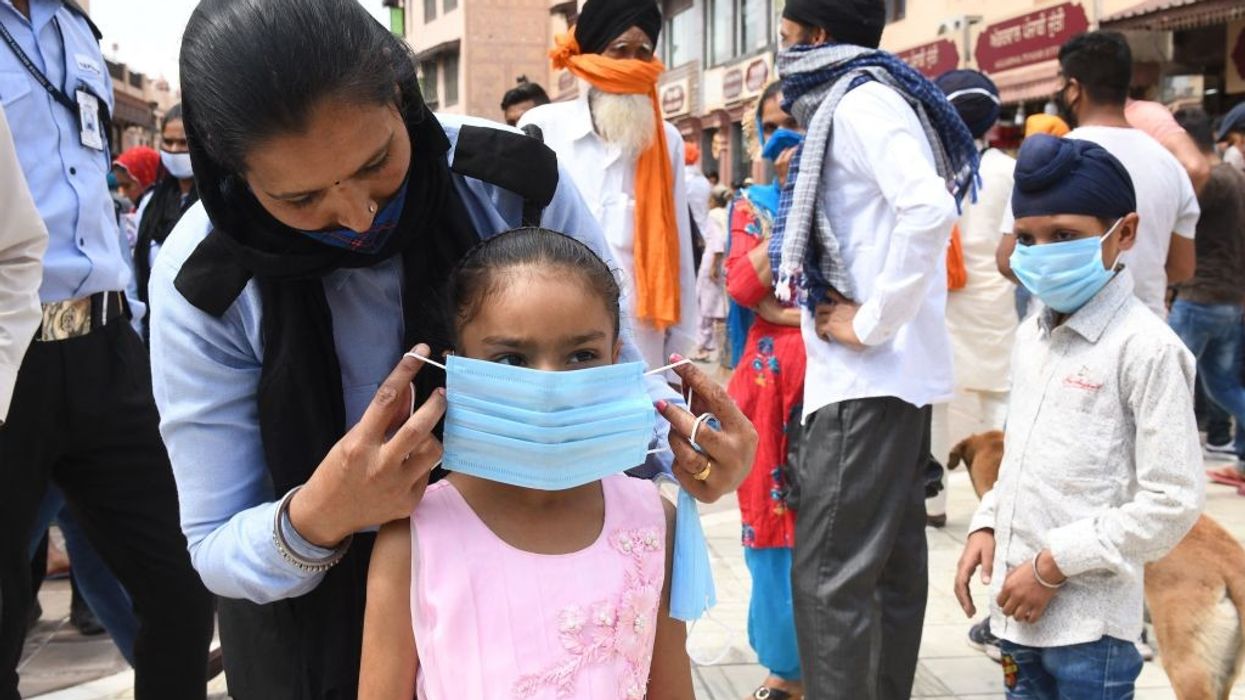INDIA's worst-hit state ramped up its coronavirus restrictions as nationwide the daily infections exceeded 100,000 for the first time on Monday (5).
The country is only the second -- after the US -- to record so many new cases in one day.
Hopes at the start of the year that the outbreak may be subsiding in the vast nation of 1.3 billion people have been dashed in recent weeks with a fresh wave that has pushed the national total to 12.5 million infections and 165,000 deaths.
In Maharashtra, the worst-hit state, nearly 60,000 cases were recorded in the last 24 hours.
Struggling to rein in the outbreak, the state's authorities on Sunday (4) tightened the evening curfew to allow only people involved in essential services out of their homes from 8 pm to 7 am.
The region of 110 million people will also see weekend lockdowns, with gatherings of over four people banned, and private offices, restaurants, cinemas, swimming pools, bars, places of worship and public areas shut.
Prime minister Narendra Modi's government is anxious to avoid imposing a new national lockdown after a shutdown in March 2020 caused widespread human and economic misery.
Modi on Sunday chaired a high-level meeting and a statement afterwards announced an awareness campaign from April 6-14 "with emphasis on 100-per cent mask usage, personal hygiene and sanitation at public places/workplaces and health facilities."
In the capital New Delhi, the chief minister has ruled out a new lockdown despite the surge in cases. Police say they are issuing more fines to people not wearing masks.
"The fear of Covid-19 has gone away. Most people don't wear masks properly, including many of my passengers," auto-rickshaw driver Surjit Singh, 68, told AFP.
Rajesh Mohan Bindlish, 34, a bank executive in Noida outside the capital, said that police should be stricter but that the government should avoid another lockdown.
"The economy will be hit very hard and it won't be good for all of us. We can't afford to disrupt our economic recovery as so many jobs depend on it," Bindlish said.
"The cases have risen because the people outside became too lax about the entire situation. If fines are increased and there is strictness in their implementation, things will improve," he said.
India has so far administered almost 80 million vaccine shots.
Last week, it opened up vaccinations to all those over 45 years old to speed up its flagging national inoculation drive.





